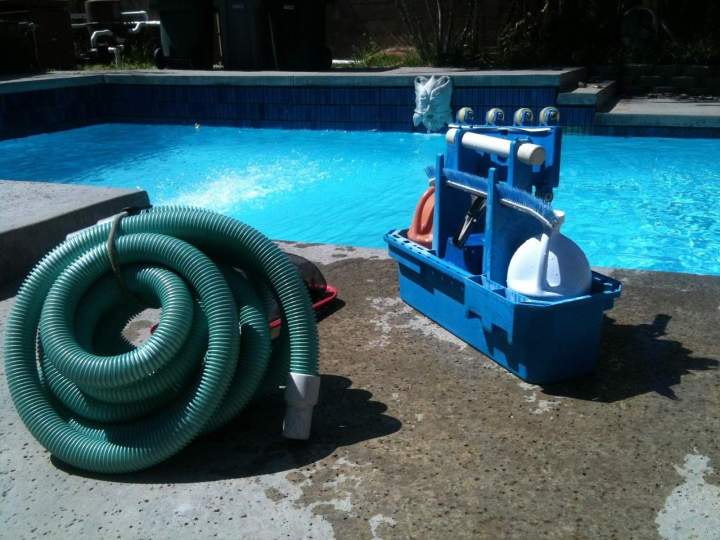When Should I Backwash Or Clean My Filter?

Your pool filter is the heart of your circulation system, trapping debris to keep your water crystal clear. Knowing when to clean or backwash it is essential for optimal performance and a healthy pool.
Monitoring Your Filter’s Pressure Gauge
The most reliable indicator that your filter needs to be cleaned is the pressure gauge on the filter tank. Every filter has an initial, or "clean," operating pressure, which is established when the filter is first started up after being thoroughly cleaned. You should make a note of this reading. Over time, as the filter traps dirt, leaves, and other contaminants, the pressure inside the tank will gradually increase. When the gauge reading rises between 8 and 10 PSI (pounds per square inch) above the clean starting pressure, it is a clear sign that the filter is full of debris and requires backwashing or cleaning.
This increase in pressure indicates that the flow of water through the filter is being restricted, which can strain your pump and reduce the effectiveness of your pool's circulation. Ignoring this can lead to poor water quality, algae growth, and even damage to your pool equipment. By regularly checking the pressure gauge and acting promptly, you ensure your filter operates at peak efficiency. At ShellShot Custom Pools, we educate our clients on how to read their pressure gauge and perform this simple but vital maintenance task.
Beyond the Gauge: Other Signs and Best Practices
While the pressure gauge is the primary signal, there are other signs that your filter may need attention. If you notice that the water clarity is diminishing, even though your chemicals are balanced, or if the water flow from your return jets seems weaker than usual, it's a good indication that your filter is dirty. These are both symptoms of a restricted flow, which can be easily resolved with a proper cleaning. The method of cleaning depends on the type of filter you have. For D.E. (diatomaceous earth) and sand filters, the process is called backwashing, which involves reversing the flow of water to flush out the trapped debris.
Cartridge filters, on the other hand, need to be manually removed from the tank and hosed down. As a general rule, in addition to monitoring the pressure gauge, it is a good practice to perform a full chemical clean on your filter media every season, as this helps remove caked-on oils and fine particles that backwashing or hosing cannot. By keeping your filter clean and your system running efficiently, you can enjoy a beautifully clear pool all season long. ShellShot Custom Pools offers professional maintenance services to handle all your filter needs, ensuring your pool stays in perfect condition.